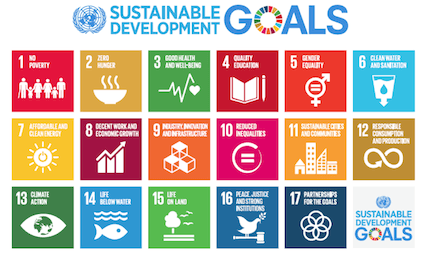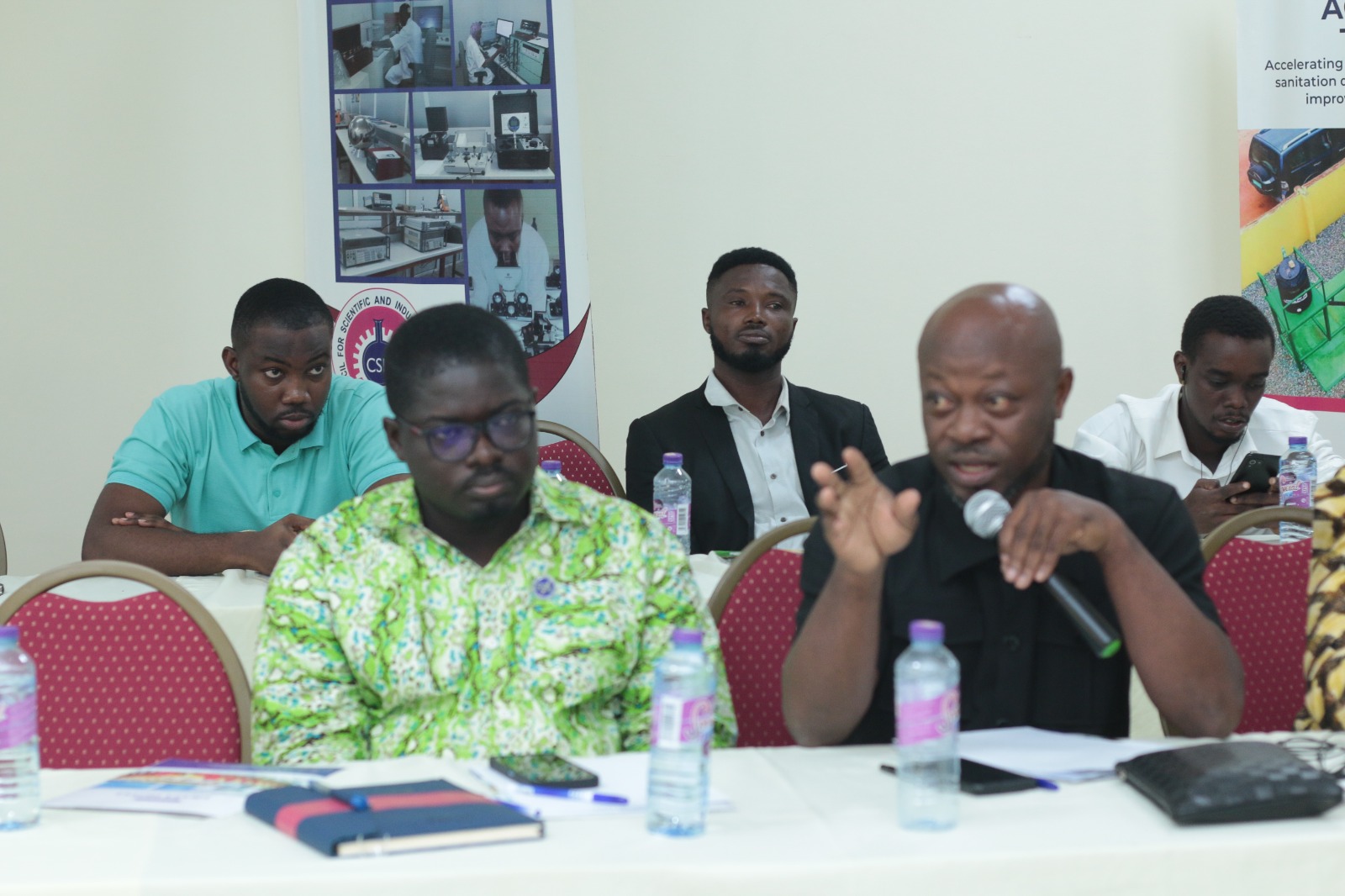

 A Toxicologist has urged the government and stakeholders to adequately fund plant medicine research to help harness the potential economic and health benefits of the industry.
A Toxicologist has urged the government and stakeholders to adequately fund plant medicine research to help harness the potential economic and health benefits of the industry.
Delivering her inaugural address at the University of Ghana, Professor Regina Appiah-Oppong noted that some indigenous herbal medicines were effective, however, further study on existing plants would require funding from multiple reliable sources.
Speaking on the topic: “The Potential Role of Medicinal Plants in Ghana’s Healthcare System and Economy,” the scholar recommended, among other things, the cultivation of medicinal plants that were becoming extinct.
“…There must be policies to replace the harvested ones. When we harvest them, we have to replace them…all hands must be on deck,” she stated.
The former Head of Clinical Pathology at the Noguchi Memorial Institute for Medical Research (NMIMR), noted that about 80 per cent of rural dwellers in Ghana depended on plant medicine, considering factors such as cultural beliefs, effectiveness, affordability and accessibility.
That notwithstanding, she advised that plant or herbal prescriptions should be tested for their “potentials” before combining them with orthodox medicines, to avoid “harmful drug interactions.”
The researcher highlighted the significant role of plant medicine in the healthcare system, pointing to available ones like moringa, pawpaw, and “dawadawa,” which, she said, were found to contain essential properties.
Prof Appiah-Opong identified lack of standardisation, regulatory challenges, safety concerns, and lack of funding as some challenges of integrating herbal medicine into the country’s primary healthcare system.
She noted that the world market for medicinal plants was projected to reach $437 billion by 2032, adding that Africa’s plant medicine industry could compete globally.
“Europe dominated the market in 2024, with a market share of 44 per cent, followed by the United States. Despite the global boom, Ghana has not yet significantly benefited from the industry,” she observed.
The experienced tutor, also a Board Member of the Research Academy for Women, expressed concern about the reluctance of some Traditional Medicine Practitioners (TMPs) to subject their products to rigorous approval processes by regulatory agencies.
“Research is crucial in establishing safe and efficacious plant medicines…Traditional medicine practitioners must ensure that all plant medicines are properly evaluated for safety and efficacy, and facilitate their acceptance into the health care system.
“Another challenge is the classification of many herbal products as foods or dietary supplements, which is inappropriate, as such medicines bypass critical regulation,” she stated, and called for continuous training for TMPs.
Professor Nana Aba Appiah Amfo, Vice-Chancellor, University of Ghana, commended Prof Appiah-Opong for her works, and emphasised the importance of tapping the opportunities in the plant medicine industry.
“Plant medicine is not just a home remedy; it’s a research discipline, a commercial opportunity, a regulatory headache, and a potential national treasure.”
“We do have the biodiversity, the traditional knowledge, and the scientific expertise so if we put our acts together, we can make this a booming business for our economy while we are healing ourselves,” Prof Amfo stated, and reiterated the University’s support for related research works.
Source: GNA
The post Toxicologist calls for more funding for plant medicine research appeared first on Ghana Business News.
Read Full Story















Facebook
Twitter
Pinterest
Instagram
Google+
YouTube
LinkedIn
RSS